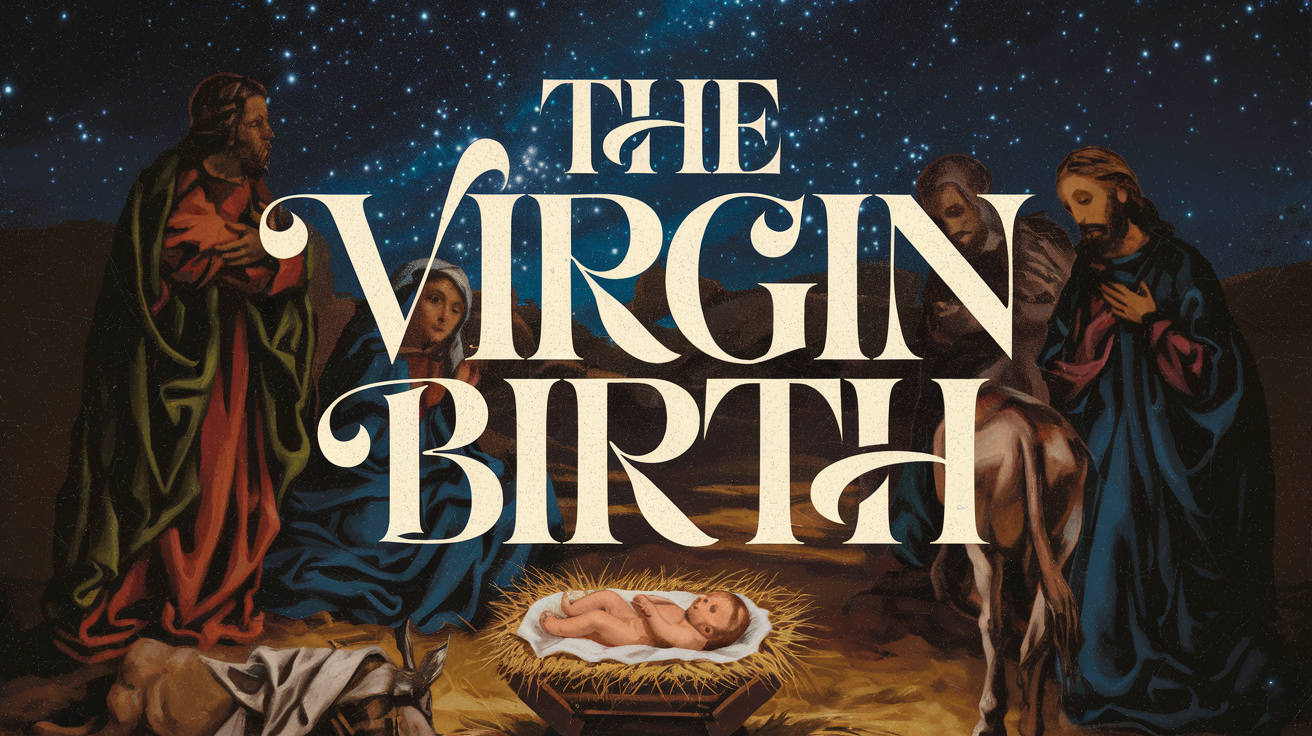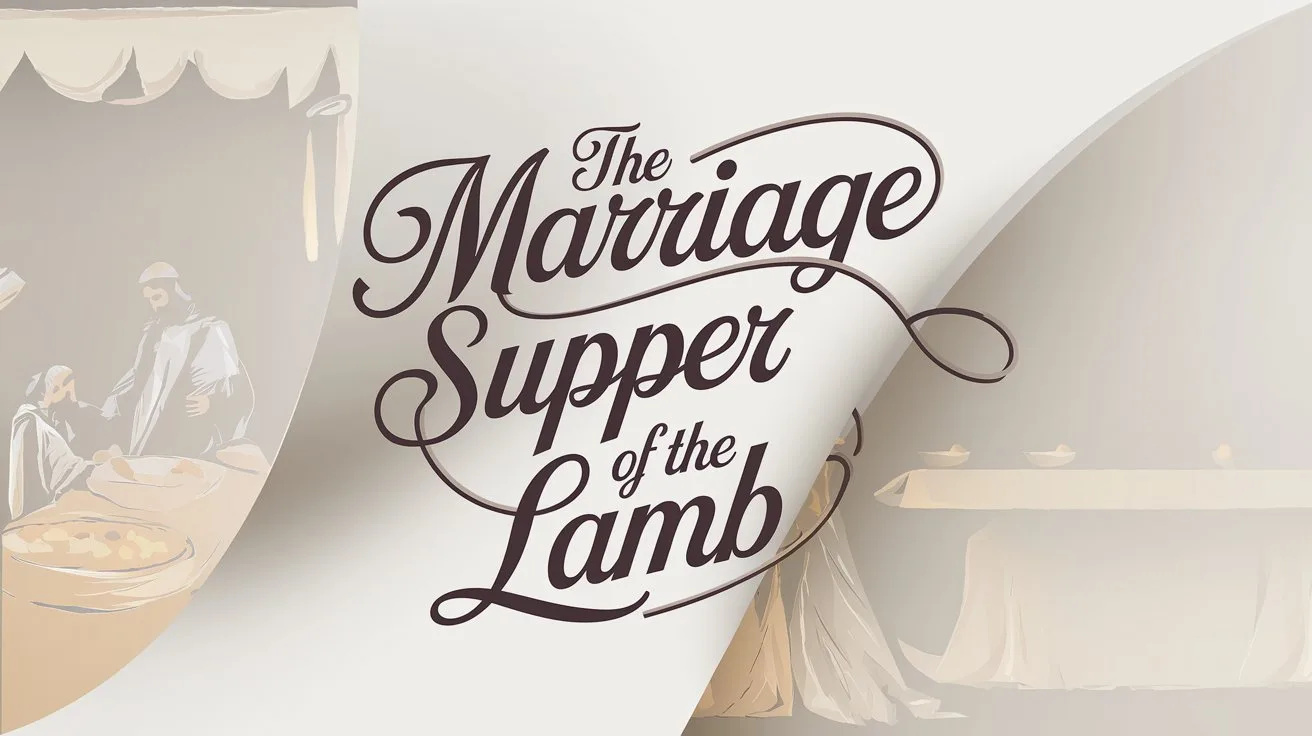The virgin birth is not a new concept that arose in the New Testament; it was clearly foretold in the Old Testament. One of the most direct prophecies is found in Isaiah 7:14: “Therefore the Lord Himself will give you a sign: Behold, the virgin shall conceive and bear a Son, and shall call His name Immanuel.” The Hebrew word used here, almah, specifically refers to a young woman of marriageable age, often understood as a virgin in the context of ancient Hebrew culture. The use of “sign” indicates a miraculous event, something beyond natural human experience.
The prophetic nature of the virgin birth is also seen in the broader messianic prophecies that describe the unique and divine nature of the coming Messiah. For example, Micah 5:2 points out the birthplace of the Messiah in Bethlehem and describes Him as eternal: “But you, Bethlehem Ephrathah… out of you shall come forth to Me the One to be Ruler in Israel, whose goings forth are from of old, from everlasting.” This eternal nature necessitates a miraculous entry into the world, fulfilled in the virgin birth.
The New Testament Fulfillment: Mary’s Virginity Confirmed
The New Testament confirms Mary’s virginity in the accounts of Jesus’ birth. Matthew 1:18-25 details this miraculous conception: “Now the birth of Jesus Christ was as follows: After His mother Mary was betrothed to Joseph, before they came together, she was found with child of the Holy Spirit.” This statement makes it unequivocally clear that Mary was a virgin at the time of Jesus’ conception. The angel’s assurance to Joseph in a dream reinforces this truth: “Joseph, son of David, do not be afraid to take to you Mary your wife, for that which is conceived in her is of the Holy Spirit” (Matthew 1:20).
Luke’s Gospel adds further confirmation. When the angel Gabriel appears to Mary and announces that she will conceive and bear a son, Mary responds, “How can this be, since I do not know a man?” (Luke 1:34). Gabriel’s response emphasizes the divine nature of the conception: “The Holy Spirit will come upon you, and the power of the Highest will overshadow you; therefore, also, that Holy One who is to be born will be called the Son of God” (Luke 1:35).
Mary’s Role: A Faithful Servant, Not the “Mother of God”
While Mary was chosen by God for an extraordinary purpose, she was a godly, humble servant (not a divine figure). Luke 1:38 shows her faithful response: “Behold the maidservant of the Lord! Let it be to me according to your word.” This verse highlights her humility and willingness to serve God’s plan. Mary was not sinless, as Catholic doctrine of the Immaculate Conception suggests, nor did she remain a virgin perpetually. The Bible records that Mary had other children after Jesus’ birth. Matthew 13:55-56 states, “Is this not the carpenter’s son? Is not His mother called Mary? And His brothers James, Joses, Simon, and Judas? And His sisters, are they not all with us?” This passage clearly indicates that Mary and Joseph had a normal marital relationship after Jesus’ birth.
The Catholic notion of Mary as the “Mother of God” elevates her status beyond what Scripture affirms. While she was the mother of Jesus in His human form, she is not the mother of God in the sense of divine origin. God is eternal, without beginning or end (Psalm 90:2), and Mary, though chosen for an incredible purpose, remains a creation and servant of the Creator.
Debunking the Mythological Copycat Theories
Critics often claim that the virgin birth narrative is a copy of various mythological accounts from ancient religions. However, these claims do not hold up under scrutiny. Many of the supposed parallels are either misrepresented or misunderstood. For example, stories from Greek mythology, such as Zeus impregnating mortal women, bear no resemblance to the instance of Jesus; they may more of a testament to the sin of the fallen angels spoken of in Genesis 6. Those accounts often involve immoral acts or interactions that cannot be compared to the holy and miraculous conception of Jesus by the Holy Spirit as described in the Gospels.
Furthermore, prophecies like Isaiah 7:14 were recorded hundreds of years before any mythological parallels that skeptics cite. These parallels often emerged after the Old Testament prophecies were already established; suggesting that any similarities point to pagan myths attempting to mimic the divine narrative laid out in Scripture, not the other way around.
The Importance of the Virgin Birth
The virgin birth is not just a theological curiosity, but a necessity for Jesus’ divine nature and sinlessness. Because Jesus was conceived by the Holy Spirit, He did not inherit the sin nature passed down through Adam (Romans 5:12). His birth was a divine act that allowed Him to be both fully God and fully man. Hebrews 2:17-18 affirms this: “Therefore, in all things He had to be made like His brethren, that He might be a merciful and faithful High Priest in things pertaining to God, to make propitiation for the sins of the people. For in that He Himself has suffered, being tempted, He is able to aid those who are tempted.”
My Final Thoughts
The virgin birth is an essential element of God’s redemptive plan. It was prophesied in the Old Testament, fulfilled in the New Testament, and is essential for understanding the unique nature of Jesus Christ as both God and man. Mary’s role was significant but not divine; she was a faithful servant chosen to carry out God’s plan. The myths that claim to parallel this miraculous event fall apart under biblical scrutiny, as they are either later imitations or fundamentally different in nature.
Ultimately, the virgin birth showcases God’s power, His faithfulness to His promises, and His love for humanity. Jesus’ birth was the perfect intersection of divine intervention and human history, establishing Him as the sinless Savior who would redeem mankind. This miraculous event affirms the truth that we worship a God who fulfills His word and accomplishes His plans in ways that transcend human understanding.












